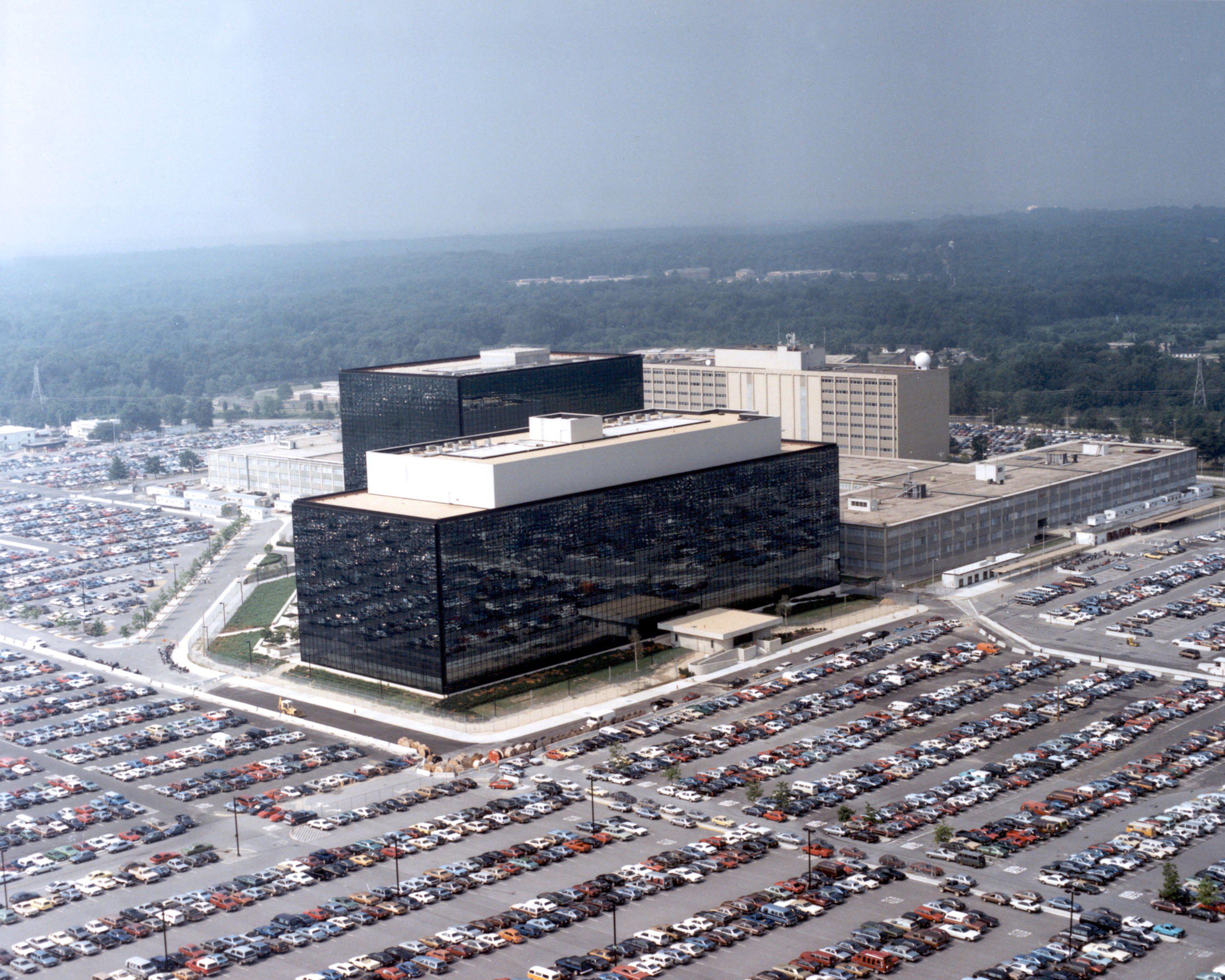It hardly seems surprising that ordinary Internet users would get caught up in the National Security Agency data-sweeping net. But a Washington Post analysis of 160,000 intercepted e-mail and instant-message logs and 7,900 documents provided by Edward Snowden shows it’s the rule rather than the exception—nine out of 10 communications intercepted by the NSA involved ordinary American and regular Internet users from abroad. Still, the Post makes it clear the whole effort is far from worthless, detailing how the NSA interceptions helped officials gather some very important bits of intelligence, many of which the paper doesn’t disclose. But the data also shows there’s a “collateral harm to privacy on a scale that the Obama administration has not been willing to address,” write Barton Gellman, Julie Tate and Ashkan Soltani.
Nearly half of the surveillance files examined by the paper “contained names, e-mail addresses or other details that the NSA marked as belonging to U.S. citizens or residents,” notes the paper. Among the “discoveries of considerable intelligence value” gleaned by the surveillance the Post notes there are “fresh revelations about a secret overseas nuclear project, double-dealing by an ostensible ally, a military calamity that befell an unfriendly power, and the identities of aggressive intruders into U.S. computer networks.”
The files make it clear the NSA does little to avoid “incidental collection” of data and puts forward little effort to delete the data from its database once it has been collected. Plus, the way the NSA judges whether the target is a foreign national and thus a possible target of surveillance without special permission is often tenuous. For Snowden, keeping the data that the NSA knows is worthless raises troubling questions. “Even if one could conceivably justify the initial, inadvertent interception of baby pictures and love letters of innocent bystanders,” he said, “their continued storage in government databases is both troubling and dangerous. Who knows how that information will be used in the future?”
